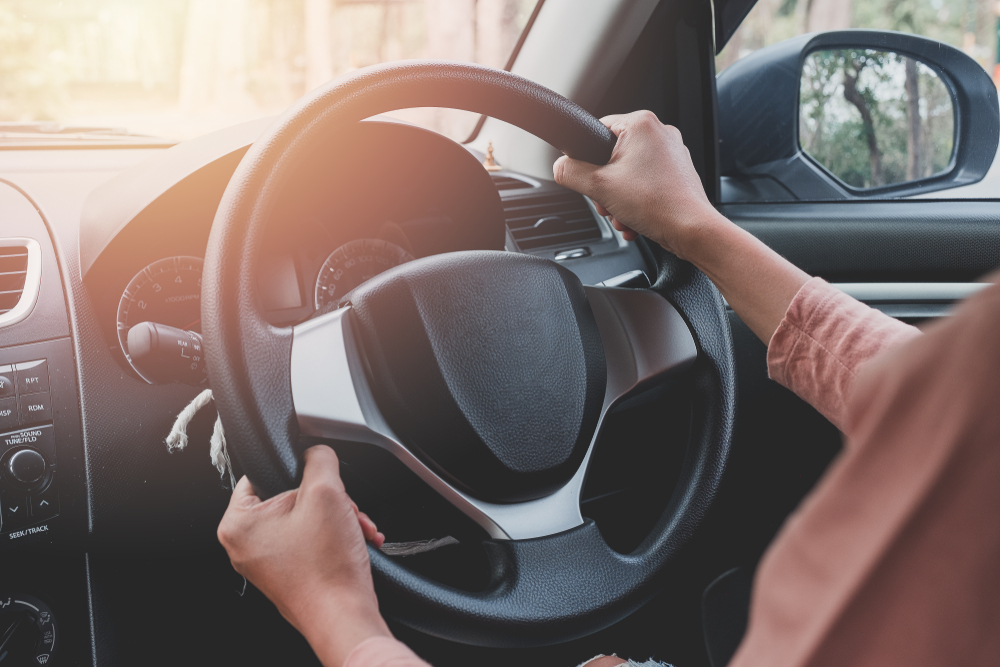Household Bills
Ultra Low Emission Zone to be expanded across London

The Mayor of London has announced plans to expand the Ultra Low Emission Zone (ULEZ) across the whole of London, meaning drivers of the most polluting vehicles will have to pay £12.50 for entering the area.
In a bid to make London a “greener, healthier and less congested city”, Sadiq Khan has asked Transport for London (TfL) to consult on expanding ULEZ beyond the current North and South Circular boundary in 2023.
The ULEZ was only just expanded in October 2021 to cover roads within the North and South Circular. Any car not meeting the emission standards face a daily fee of £12.50 to enter the zone.
Petrol cars that meet the ULEZ standards are generally those first registered from 2005 (euro 4).
Diesel cars that meet the standards are generally those first registered after September 2015 (euro 6).
Khan said toxic air caused by traffic is still leading to children growing up with stunted lungs and 4,000 premature deaths a year. Over half a million people in London boroughs suffer from asthma and are vulnerable to the impact of toxic air.
Further, the greatest number of deaths attributable to air pollution are from areas in London’s outer boroughs which ULEZ doesn’t currently cover.
Meanwhile, in order to meet the target of getting to net-zero in London by 2030, “car traffic must reduce by at least 27% in the capital by the end of the decade”.
Separate analysis showed vehicle congestion cost the capital £5.1bn last year, and as such, the capital will have to see a significant shift away from petrol and diesel vehicle use and towards walking and cycling, greater public transport use and cleaner vehicles.
Khan has ruled out the Clean Air Charge and the Greater London Boundary Charge as options as he looks to implement the expansion of the ULEZ “after examining the science” and “considering the wider economic context”.
‘Help save the planet’
The Mayor of London, said: “The triple challenges of tackling toxic air pollution, the climate emergency and congestion mean we need to further reduce emissions from vehicles in London. We simply don’t have time to waste. The climate emergency means we only have a small window of opportunity left to reduce carbon emissions to help save the planet. And despite the world-leading progress we have made over the last few years, there is still far too much toxic air pollution permanently damaging the lungs of young Londoners and leading to thousands of deaths every year, with the greatest number of deaths attributable to air pollution in outer London boroughs.
“This is also a matter of social justice – with air pollution hitting the poorest communities the hardest. Nearly half of Londoners don’t own a car, but they are disproportionally feeling the damaging consequences polluting vehicles are causing.
“In weighing up the different options, the rising cost of living was a key consideration for me. Because at a time when people’s budgets are under pressure, I’m not willing to ask people to pay more unless I’m absolutely convinced it’s justified to save lives and protect the health of Londoners. I believe the proposal to extend the ULEZ London-wide will have the biggest effect on emissions and congestion relative to the potential financial impact on Londoners as a whole. We are also proposing to introduce the biggest scrappage scheme feasible to help Londoners on low incomes, disabled Londoners and businesses.”
The proposed London-wide ULEZ will be subject to impact assessment, public and stakeholder consultation and confirmation by the Mayor (with or without modifications) in light of consultation responses received.
Any new or amended road user charging scheme, if taken forward, would be subject to further assessment and analysis, full equality impact assessments, with potential mitigations and exemptions for disabled people, Londoners on low incomes and additional support for small businesses and charities a key focus .